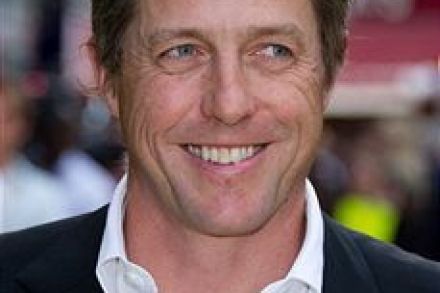Hugh Grant and Low Life
I’ve always rather admired Hugh Grant, so it was almost a pleasure to be beaten up by him on Newsnight last Friday. He was attacking the celebrity-hunting media, whereas I set out to defend free press and self-regulation of the media. If you’re going to have sympathy with any Hollywood figure, you’d have sympathy with Hugh: he’s a single man who has never tried to moralise, and has cameras pointing at him everywhere he goes. Besides, he made an impassioned and powerful case against the intrusion of the paparazzi — while yours truly was left defending the Press Complaints Commission. But I didn’t know, until I met him that night,













